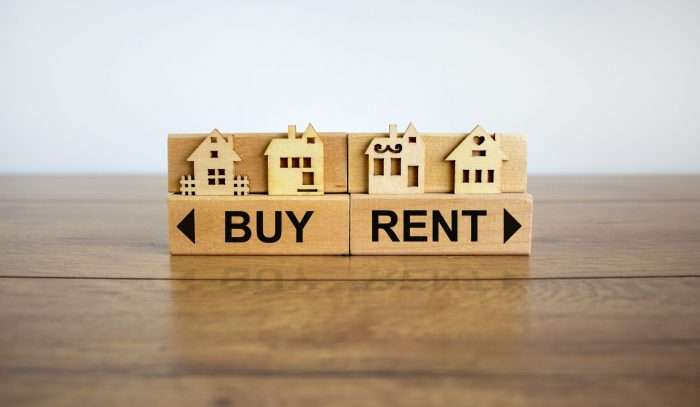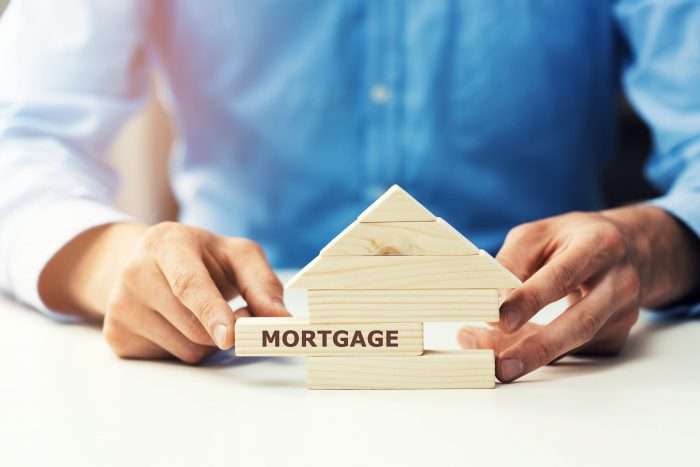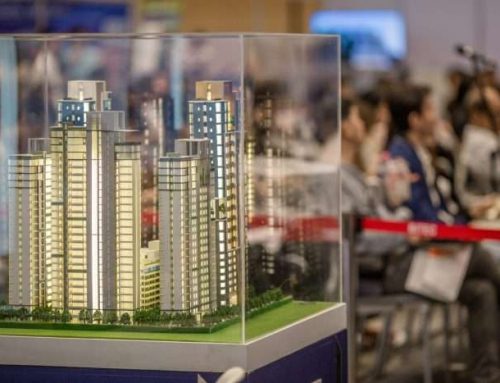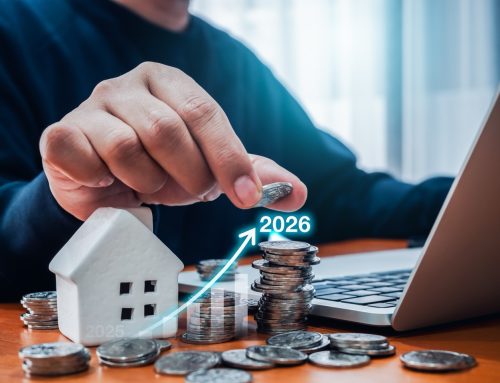Buying vs Renting: Financial Considerations in Abu Dhabi

Deciding between renting and owning property in Abu Dhabi can significantly impact your financial well-being and long-term investment strategies. We’ll delve into the key financial aspects you should consider when making this important decision.

Financial Status
Your financial status plays a crucial role in determining whether buying or renting is the right choice for you. Consider factors such as your monthly income, including expenses like mortgage payments, savings, and other financial obligations. It’s essential to assess your affordability for either option based on your current financial situation.
Down Payment
For property buyers, the down payment is a significant initial expense. In Abu Dhabi, locals typically require around 15% of the property value, while expats may need to provide 20%. Unlike some other locations, down payments cannot be covered by personal loans or mortgages. However, renters are exempt from down payments and are instead required to pay a security deposit, typically equivalent to one month’s rent.

Upfront Costs
Buying property in Abu Dhabi incurs various upfront costs beyond the down payment. These may include Abu Dhabi Municipality fees, mortgage registration, title deed costs, property valuation fees, and real estate agent fees. Renting, on the other hand, involves fewer upfront costs, primarily consisting of real estate agent fees, annual rent, and the security deposit.
Ongoing Expenses
Property ownership comes with ongoing financial responsibilities such as mortgage payments, insurance premiums, and development fees. Additionally, property owners are responsible for regular maintenance, which can be a significant expense. In contrast, renters have fewer ongoing expenses, typically limited to monthly rent and utility charges.

Mortgage Repayment
If you opt for a mortgage when buying a property in Abu Dhabi, it’s essential to consider the monthly repayment installments. Buyers must repay the property value in installments along with accrued interest. Exploring loan services offered by entities like the Abu Dhabi Housing Authority can provide valuable assistance in navigating the mortgage process.
Financial Feasibility
Buying property in Abu Dhabi offers long-term financial stability and the potential for appreciation. Property ownership can also generate a stable monthly income through rental yields, which are typically higher in Abu Dhabi compared to other metropolitan cities. However, renters may experience a lower sense of security despite the protection offered by authorities like the Rental Dispute Settlement Committees in Abu Dhabi.
Other Incentives
Owning property in Abu Dhabi comes with additional benefits, including higher investment returns and the opportunity to obtain UAE residence through a property visa. However, expat tenants are required to renew their visas before expiry.
Frequently Asked Questions
- Can Expats Buy Apartments in Abu Dhabi?
Yes, expats can purchase properties in designated freehold areas in Abu Dhabi.
- Are There Rent-to-Own Properties in Abu Dhabi?
Yes, there are multiple rent-to-own properties available in Abu Dhabi.
- Do Tenants Need to Pay a Down Payment in Abu Dhabi?
No, instead of a down payment, tenants are required to pay a security deposit.
Whether you opt to buy or rent property in Abu Dhabi, it’s crucial to weigh the financial implications carefully. Consider factors such as your current financial status, long-term goals, and lifestyle preferences. By understanding the key financial considerations outlined in this guide, you can make an informed decision that aligns with your individual needs and aspirations in the dynamic real estate market of Abu Dhabi.





